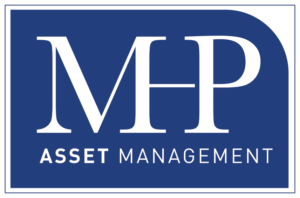“Financial planner” is a term that is used by many. Some are legit trained planners, others are insurance sales people or brokers. The real question is; What level of planning do you really need? Do you need a credentialed planner, CPA, Tax attorneys and estate lawyer, or do you need someone that can work through a steady, sustainable income plan that is mindful of tax consequences and that may know about strategies to full-fill your needs? Far too many plans that I see are plug and play portfolios based on a risk assessment that does not measure the purpose or objective of the assets invested!
For instance, a client tells me that they are going to retire, or would like to retire in three years, however their portfolio is still in full “growth” mode without consideration that we are 11 years into a bull market that usually averages 7 and a half years. And as we know now that bull ended abruptly! The reason that the risk profile may not match the purpose for the money is that the broker asked questions based on a questionnaire. My experience is that most people have overstated their risk tolerance, mainly because the questions are not specific enough. You may have read, where I have stated “I believe a client is risk adverse until proven otherwise”. When the stock market is doing well, we all tend to feel happy and are willing to put our assets at market risk, but when we get sharp corrections or draw downs, we tend to punish ourselves for not taking that profit when it was there. If you are invested properly for the objectives for the money, then the volatility should not be an issue. For example, if a family needs a certain amount of income from their investments, say as they approach retirement, they should have a proper allocation of their assets designated for producing steady sustainable income. Social Security maximization should be part of that discussion. Tax efficiency should be another. Legacy, long term care, life insurance should all be addressed. If there are not enough assets to cover all these needs, then we need to prioritize! It is important to find a professional that you are comfortable with regarding their knowledge as it pertains to you! My biased belief is that you should work with a fiduciary advisor that works for you, not a broker-dealer. You should be given a disclosure document that will tell you about the firm and advisor representatives. Don’t be apprehensive about asking how that advisor is compensated. You may want to ask the advisor if they will help you with your 401k allocations as an additional service. This should be gratis if you become a client. All your assets should be considered, even if that advisor is not managing all the assets. You should not be assigned a “trainee” advisor because of your asset levels. If an advisor firm is willing to work with you, you should not be discriminated against because you are not considered a “top-tier” client.



























